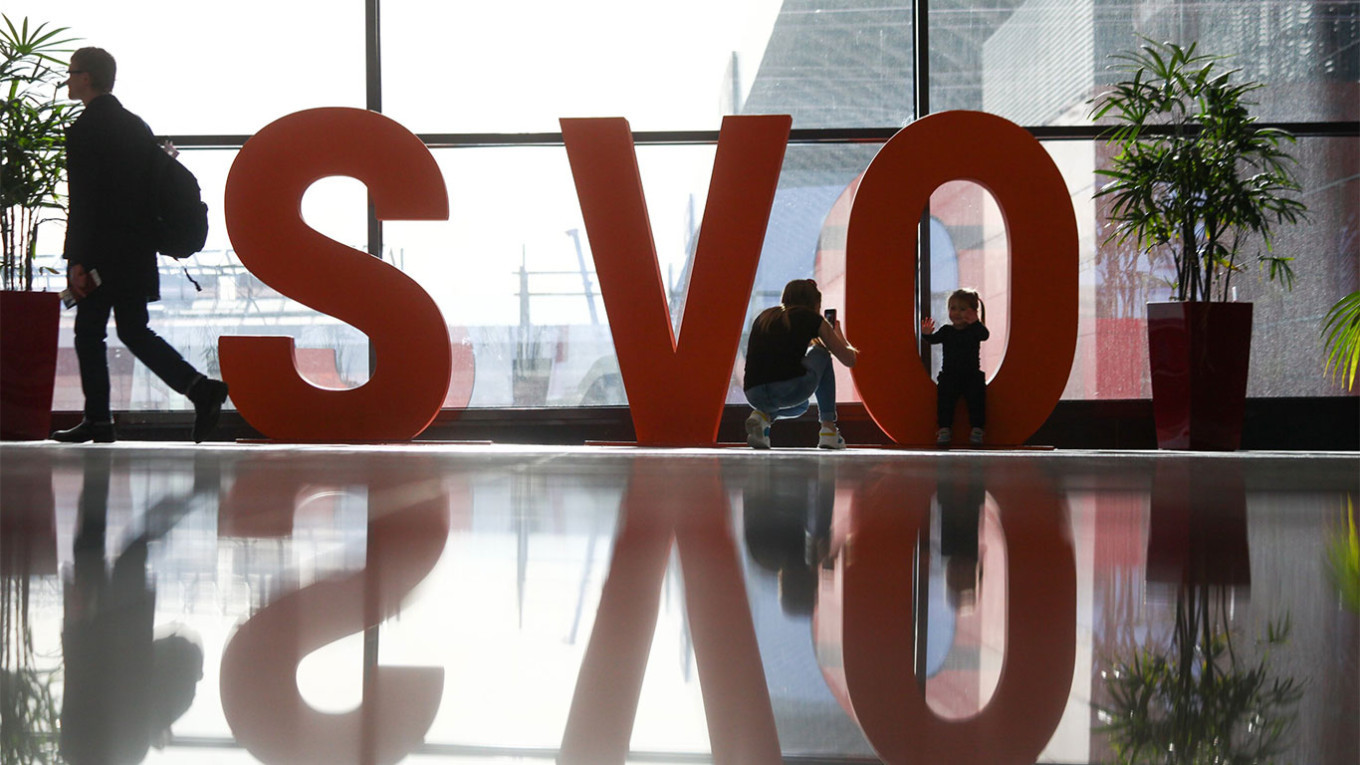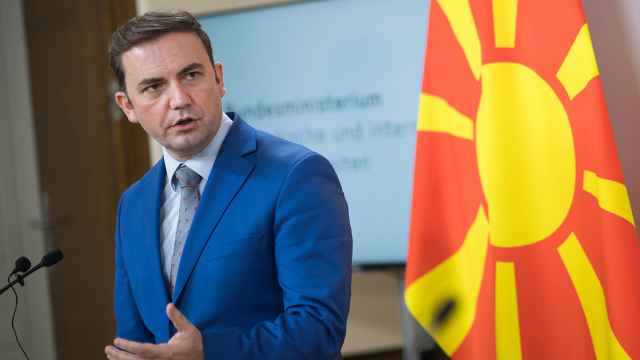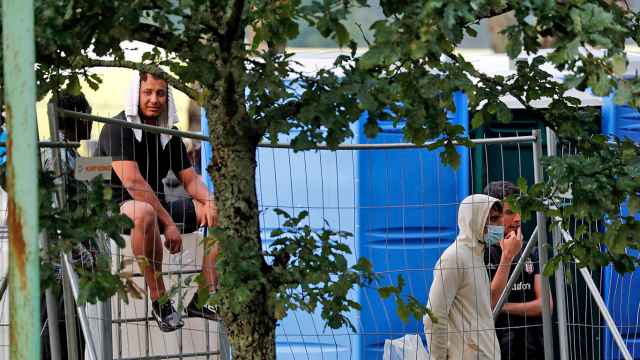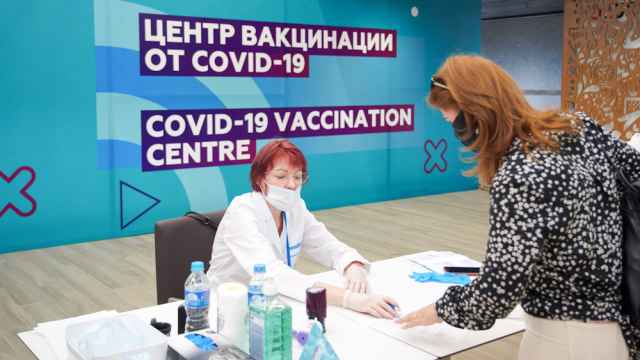Ana, a woman from St. Petersburg, was one of the tens of thousands of Russians who fled to Turkey following the February 2022 invasion of Ukraine.
Within less than a year, Ankara had tightened its temporary residency policies for Russian citizens. Instead of returning home, Ana decided to move further west to Germany.
“I have been in the opposition since 2012,” Ana, 34, told The Moscow Times. “My patience had run out. It is important to live in a country where I don’t have to worry about safety.”
For Ana and many of the hundreds of thousands of wartime Russian emigres, returning to Russia would mean running the risk of political persecution or being sent to fight — so they turned their gaze elsewhere.
Many Russians who first landed in eastern Europe, Turkey or the South Caucasus after the invasion have since moved onward to western Europe in search of greater tolerance, contradicting the policies and barriers to their relocating there.
All of the individuals interviewed for this story declined to use their last names, citing concerns for their safety.
Germany has become one of the more viable destinations for Russian wartime emigres, as it’s possible to get a three-year German freelance visa after entering the country on a Schengen visa.
The country granted 32,000 national visas to Russian citizens who initially arrived on Schengen visas in 2022, the latest available data. Overall, Germany granted 51,000 Schengen visas to Russian citizens that year.
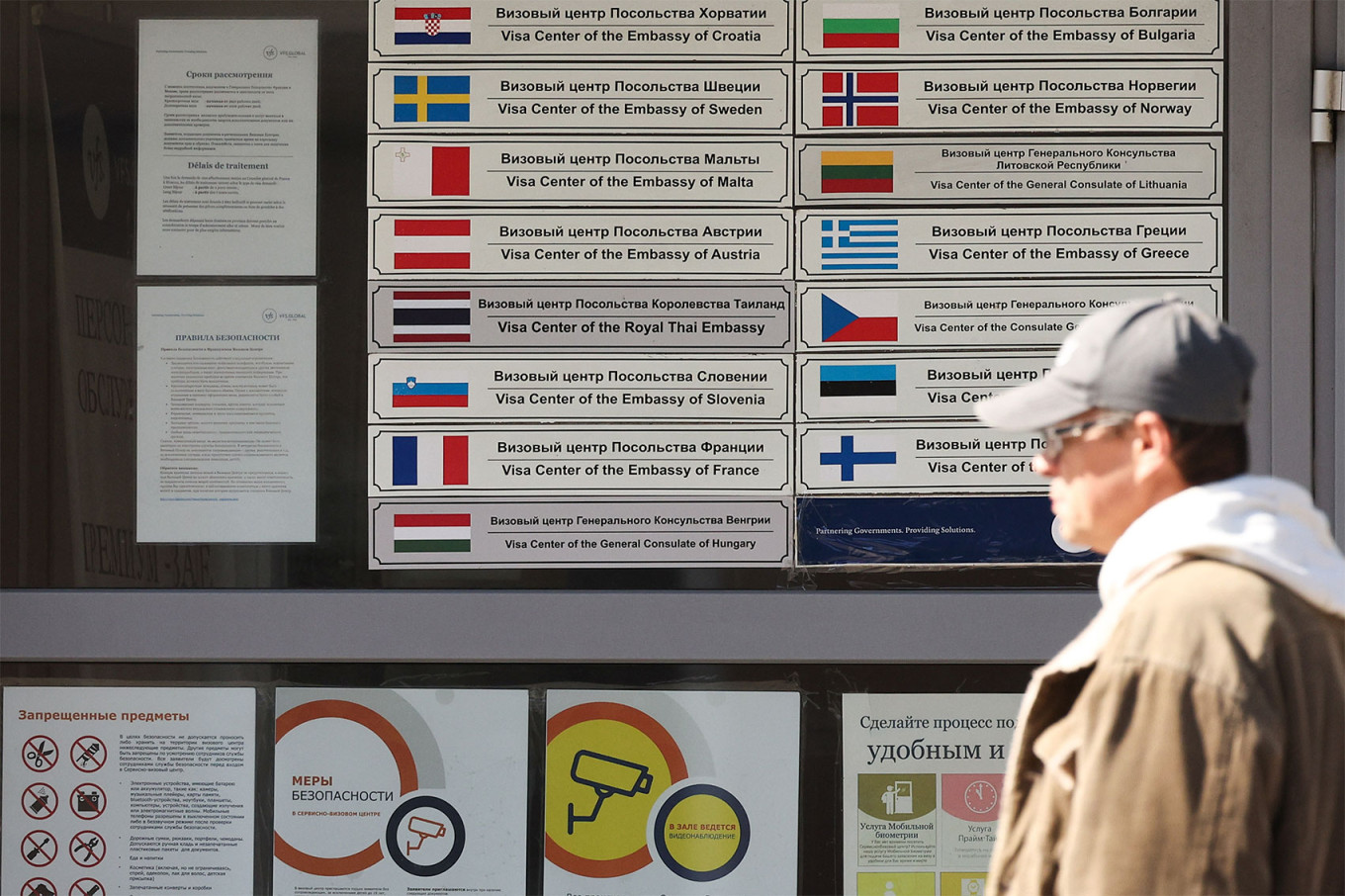
Ana, who recently obtained a three-year freelance visa, said moving to Germany was less of an aspiration than it was one of the few realistic options.
“A Russian does not have 10 visas to choose from,” she said. “We cannot go to any country in the world and live there.”
Turkey was not the only country to clamp down on the influx of Russians fleeing their country’s war.
Poland, the Czech Republic and the Baltic states, some of Ukraine’s most ardent allies, have taken the hardest stance against Russians, introducing restrictions on visa issuance and entry.
This fall, several countries, including Bulgaria, Poland and the Baltics, banned cars with Russian license plates from crossing their borders, highlighting the reluctance of many European countries to host Russian emigres.
In countries that are friendlier to Russians, such as those of the South Caucasus and Central Asia, several Russian opposition activists have been detained and extradited to their home country in recent months.
In western Europe, by contrast, measures meant to deter Russian emigres are less strict — if there are any at all — and there is much less risk of being extradited to Russia.
The Schengen visa rejection rate in 2022, the most recent available data, was lower than average at 10.2% — down from 17.9%.
Bogdan, 29, first fled from Moscow to Turkey when the war started because of his and later moved to Croatia to apply for asylum.
As an openly LGBTQ+ advocate, he said he was treated poorly by both the Croatian authorities and fellow residents of his asylum dormitory. He decided to go further west in hopes of finding a more accepting environment.
“I decided to take a Blabla car [carpool] as far as Venice and then a bus on to Barcelona,” he said.
He is now seeking asylum in Spain, which in 2022 granted the second-highest number of visas to Russians in the EU after Finland — 154,450 visas total.
In Spain, Bogdan said he found the acceptance and sympathy he’d been seeking.
“When you tell the Spaniards the details of the horror that is happening in Russia, they cannot believe that everything could be much worse than what they already know,” he said.
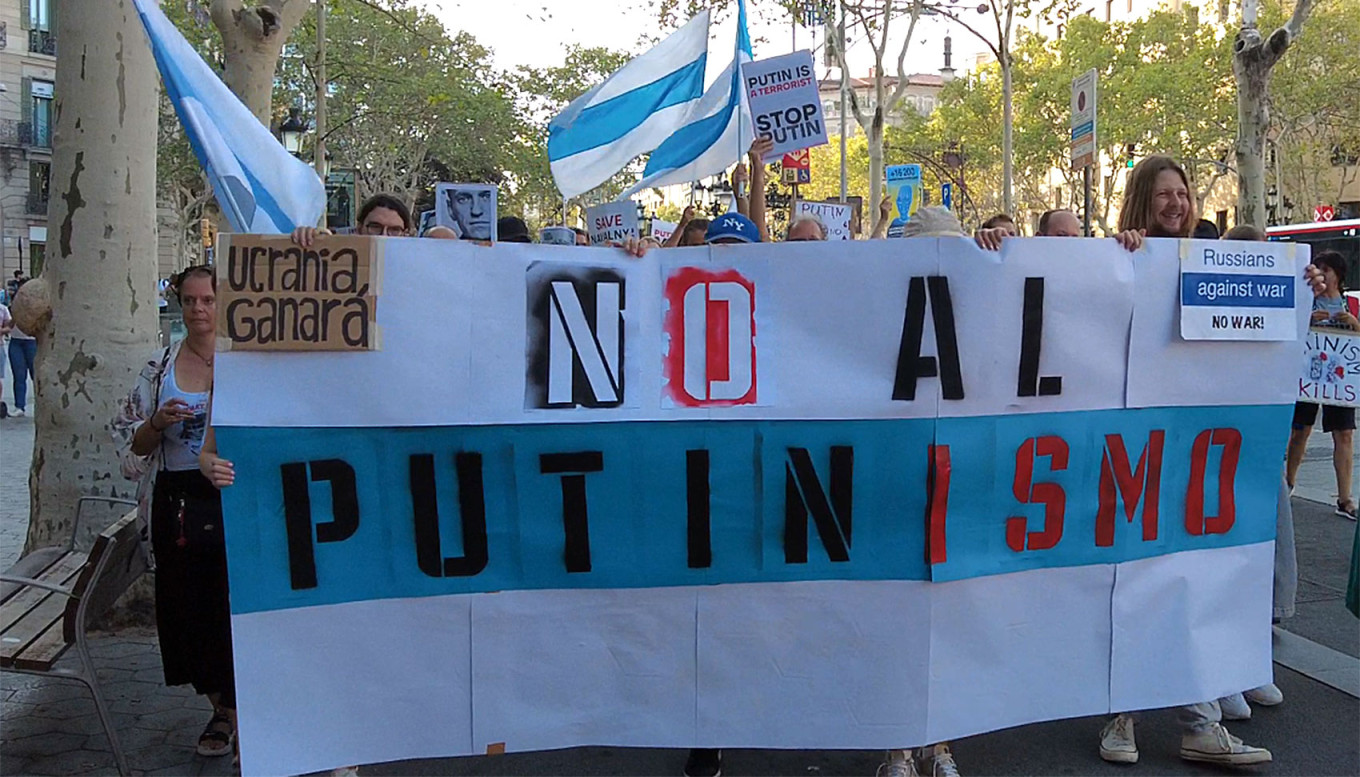
Ivan, 23, from the Siberian city of Novokuznetsk, applied for asylum in Croatia in mid-2022, citing the threat of persecution in Russia due to his anti-war activities. His application was recently approved.
“No one cares that I’m Russian here and I was given a small apartment during the asylum process. However, integrating and finding work is very hard without [speaking] the language,” he said.
Ivan was previously interviewed by The Moscow Times at the start of his asylum process under the name Andrei to protect his identity while his application was being evaluated.
Asylum status grants Ivan five years of protection in Croatia, after which he can apply for an extension. He described the asylum process as “indescribably difficult” and now hopes to obtain a visa to live in Sweden, where his boyfriend lives.
German philanthropist Benjamin set up a network of assistance hubs for Russian and Belarusian emigres across Europe and the Caucasus after the war started.
He is now based in Berlin, where he helps to support a growing community of Russian emigres at one of the hubs he founded.
“We don’t want publicity, or to attract the attention of the Russian security services, as we are mainly helping Russian journalists or those who could be in some danger,” said Benjamin, who asked that his name be changed for security precautions. “We just want people to know they can leave Russia and come here, that this is a safe space.”
Since the full-scale invasion started, there have been several suspected assassination attempts on exiled Russian journalists, including former Novaya Gazeta reporter Elena Kostyuchenko, who fell ill on a train in Munich.
The focus of Benjamin’s organization is to support independent Russian media and to assist journalists’ evacuations from Russia. They also help Russians with integration and provide them with other support in their host countries.
Benjamin said Germany is a logical choice for Russians to move to.
“There is a consensus here which is anti-war, but not anti-Russian,” he said.
But Ana said her German visa has its drawbacks.
“The visa greatly limits what I can do,” she said, because “an individual is restricted to working within one or two specializations.”
In the creative industry, where people often work across multiple disciplines, this rule significantly limits one’s potential earnings, she said.
“There is almost no work at the moment. I live on my savings. My qualifications without [speaking] German mean almost nothing here.”
Maria, a 30-year-old from Moscow, emigrated to Dublin last October.
“I always knew Russia was moving in a direction I didn’t align with in terms of changes in society, in politics,” she told The Moscow Times, but practical reasons kept her from moving sooner.
Dublin, as an English-speaking hub for many industries, was an enticing prospect for Maria, who speaks English fluently.
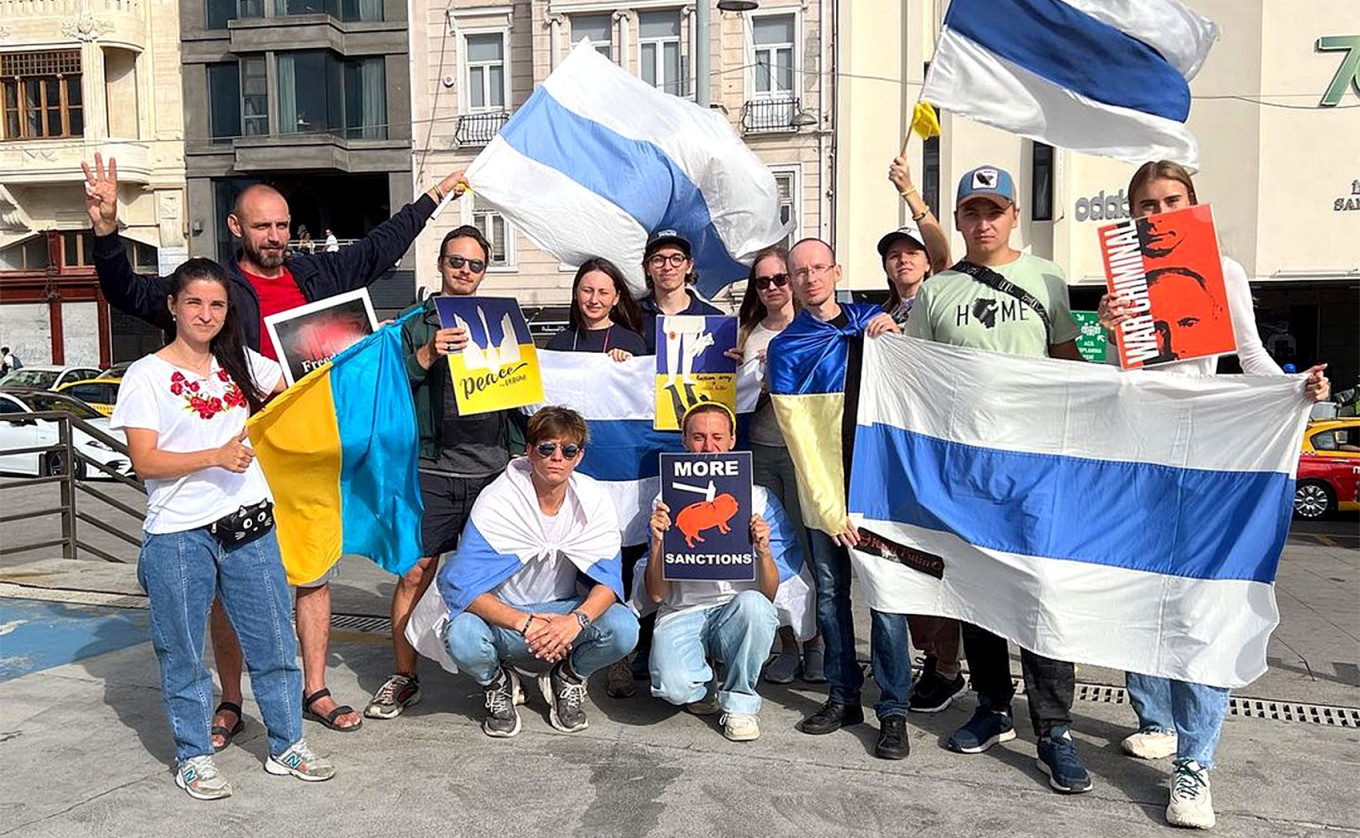
Maria was interviewed by MT when she still lived in Moscow and was preparing to leave. Because her father is Romanian, she was able to obtain a Romanian passport after the full-scale invasion.
“I wouldn't have been able to do this with just my Russian passport. I’m not in the tech field, I can’t just quickly find a good job that will help me to relocate,” she said.
As a Russian in Ireland, which has taken in more Ukrainian refugees than the EU average, Maria said she has had some uncomfortable encounters.
“When people hear me speaking Russian on the phone, with friends or family, people sometimes ask if I am Ukrainian, these people have good intentions, but I have to tell them I’m Russian,” she said. “On two occasions I was met with anger and was asked why I was speaking Russian in a public space.”
But despite the financial, cultural and emotional challenges of starting a new life in a different country, several of the Russians interviewed for this article said they felt hopeful for the future.
“I feel integrated,” said Bogdan, who moved to Spain. “My knowledge of Spanish helps me. I just received a work permit a week ago and I also continue my anti-war activities here within the Rusos Libres organization [a Spain-based Russian-led opposition group].”
Maria plans to visit home for the first time since emigrating for the New Year, but said she intends to stay in Ireland long-term.
“I didn’t know anyone before I came here,” she said. “It’s very hard, but the benefits outweigh the negatives. I don’t feel integrated here, but I do feel accepted.”
A Message from The Moscow Times:
Dear readers,
We are facing unprecedented challenges. Russia's Prosecutor General's Office has designated The Moscow Times as an "undesirable" organization, criminalizing our work and putting our staff at risk of prosecution. This follows our earlier unjust labeling as a "foreign agent."
These actions are direct attempts to silence independent journalism in Russia. The authorities claim our work "discredits the decisions of the Russian leadership." We see things differently: we strive to provide accurate, unbiased reporting on Russia.
We, the journalists of The Moscow Times, refuse to be silenced. But to continue our work, we need your help.
Your support, no matter how small, makes a world of difference. If you can, please support us monthly starting from just $2. It's quick to set up, and every contribution makes a significant impact.
By supporting The Moscow Times, you're defending open, independent journalism in the face of repression. Thank you for standing with us.
Remind me later.


